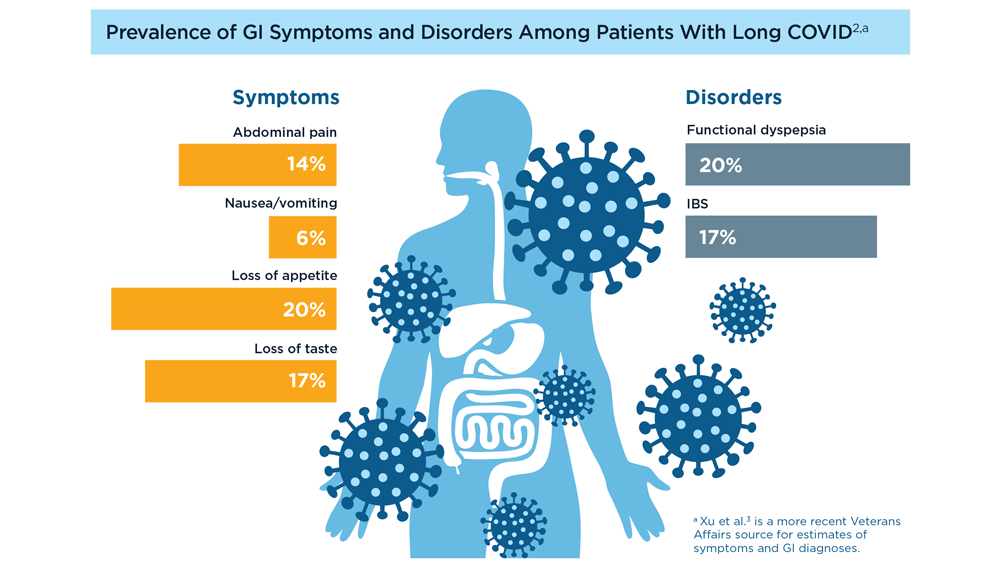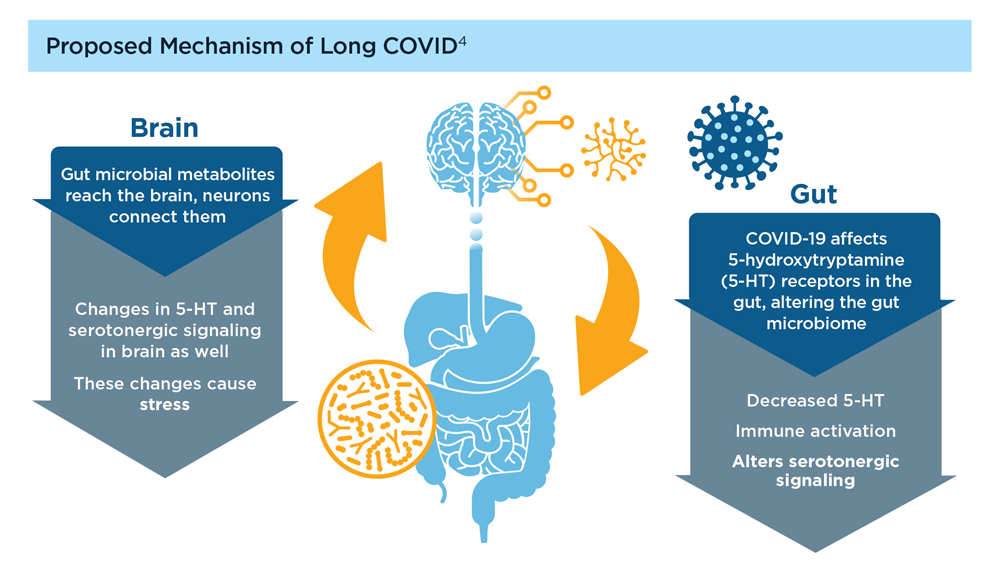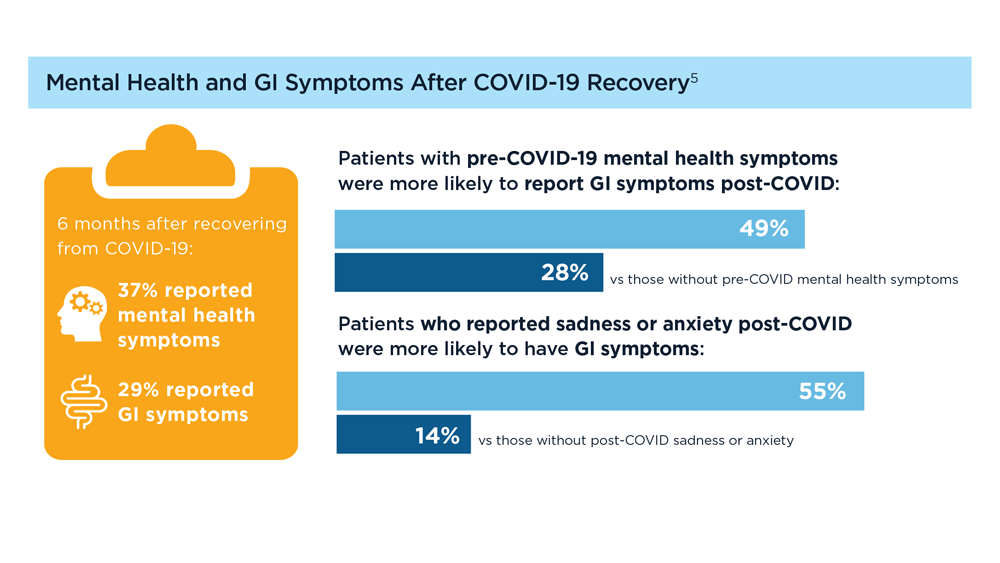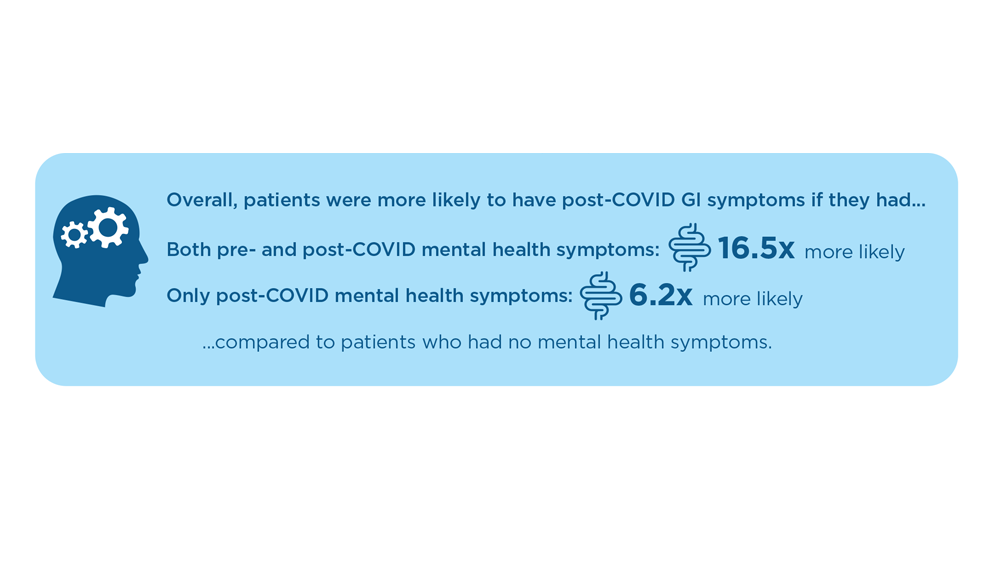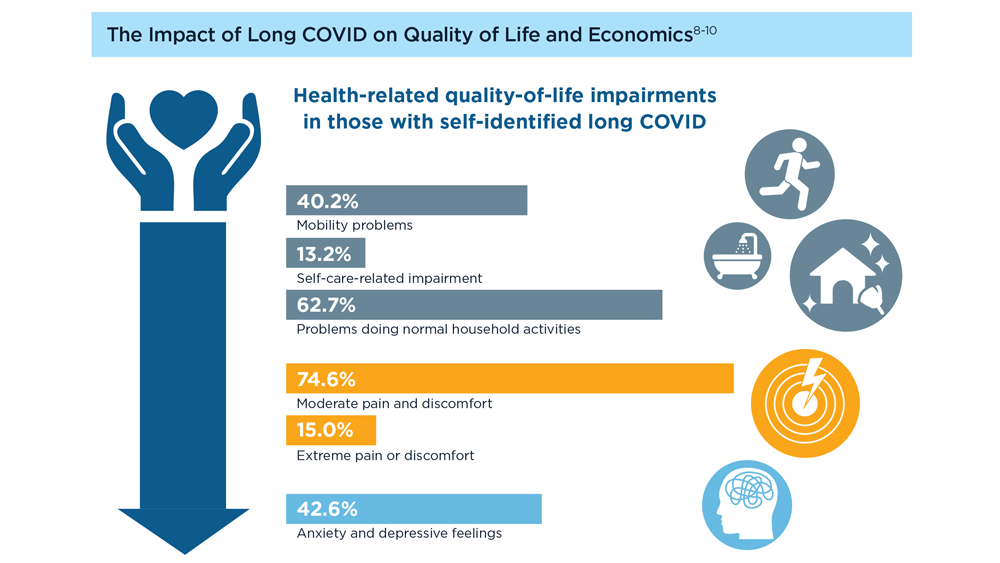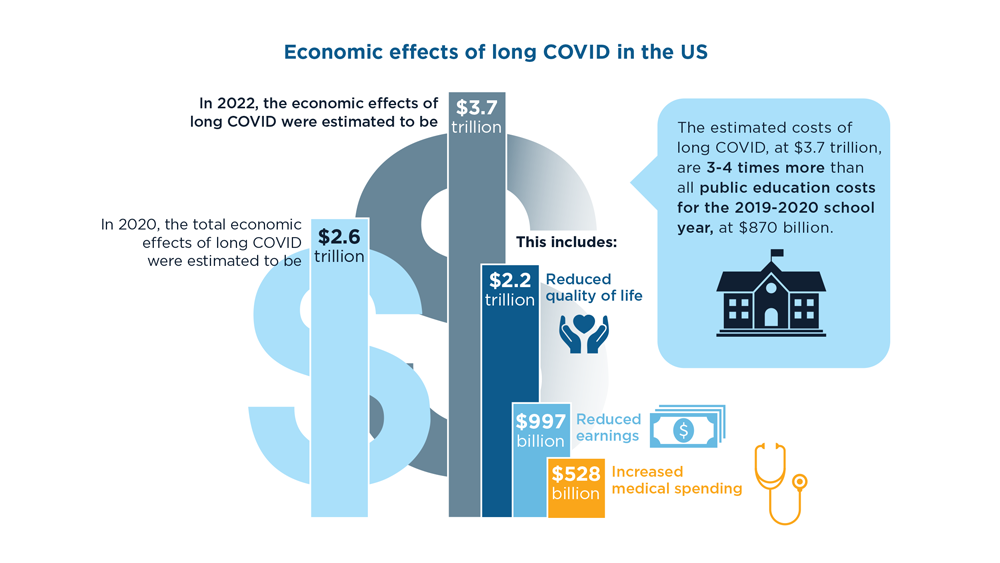Long COVID and the Gastrointestinal System: Emerging Evidence
Daniel E. Freedberg, MD, MS
Associate Professor of Medicine and Epidemiology
Division of Digestive and Liver Diseases
Mailman School of Public Health, Department of Epidemiology
Columbia University Irving Medical Center
New York, NY
Lin Chang, MD, AGAF
Vice-Chief, Vatche and Tamar Manoukian
Division of Digestive Diseases
Program Director, UCLA GI Fellowship Program
Co-Director, G. Oppenheimer Center for Neurobiology of Stress and Resilience
Director, Clinical Studies and Database Core, Goodman-Luskin Microbiome Center
David Geffen School of Medicine at UCLA
Los Angeles, CA
Slideshow below.
Long COVID is defined by WHO as the development or continuation of new symptoms 3 months after COVID-19 infection, with symptoms lasting for at least 2 months that have no alternative explanation.1,2
Long COVID often includes neuropsychiatric and GI symptoms.1,2 GI manifestations are well known during acute COVID-19, but less understood in long COVID.2 It is estimated that 12% of patients with long COVID have GI symptoms, which may include heartburn, constipation, abdominal pain, nausea and vomiting, and diarrhea.2,3 Patients with long COVID also frequently receive new GI diagnoses, such as functional dyspepsia, IBS, GERD, peptic ulcer disease, and acute pancreatitis.2,3
Proposed causes of GI symptoms post-COVID are varied, including alterations in the gut microbiome and serotonergic signaling and changes downstream from the angiotensin-converting enzyme 2 receptor.2,4 The serotonergic theory links the pathophysiology of long COVID GI symptoms to post-infection IBS and other disorders of gut-brain interaction. Like IBS, long COVID with GI symptoms is frequently associated with non-GI comorbidities, especially mental health comorbidities.5
Currently, no specific treatments are endorsed for long COVID GI symptoms.4 Management focuses on symptom relief and using protocols for the relevant GI disorders; when IBS is present, an integrated and multidisciplinary approach is recommended.4,6 This multifaceted approach, when possible, can be especially helpful in patients with long COVID because of the number of comorbidities and varied symptoms.1,4-6 Long COVID and its multitude of symptoms have a profound negative effect on productivity and quality of life in patients.1,7 Thus, finding efficient treatment approaches is a top priority in navigating the complexity of long COVID and its GI manifestations.
1
Next Article:
More COVID-19 Updates News
- COVID livers are safe for transplant
- Gastroenterology Data Trends 2023
- Review supports continued mask-wearing in health care visits
- CDC cuts back hospital data reporting on COVID
- IBD patients have limited protection against Omicron with third vaccine dose
- Rise of ‘alarming’ subvariants of COVID ‘worrisome’ for winter
- Liver disease-related deaths rise during pandemic
- The Impact of COVID-19 on Colorectal Cancer Screening Programs
GI symptoms of COVID-19




